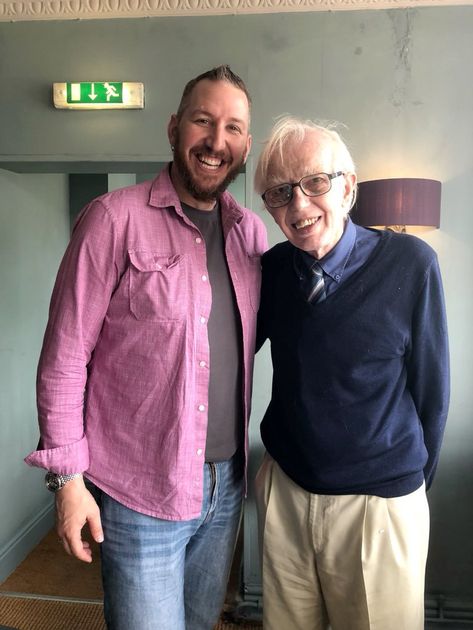
The last journey by timothy coote how to#
It is thought that he asked O’Donoghue how to stop the War and to mediate for him. Collins was desperately trying to bring the War to a close, as well as trying to give some face-saving agreement to the leaders on the other side. He and many others recognized at this point that the IRA/Republicans could not win the war and that Collins came south searching for peace. The first phase of the Civil War was ended, O’Donoghue later wrote.

Collins had the bank directors identify the suspicious accounts, then he concluded that “three first-class men will be necessary to conduct a forensic investigation of the banks and the Customs and Excise in Cork.” He told William Cosgrave to consider three people but “don’t announce anything until I return.”He and Dalton then traveled the thirty miles to Macroom where Collins met Florence O’Donoghue, who was in the IRA and was one of its leaders in County Cork in the War of Independence, but who was neutral in the Civil War. During July, the IRA collected £120,000 in customs revenue and had hidden this money in the accounts of sympathizers.Īt each bank, Collins told their managers to close the doors, and they would allow the banks to be reopened only if the managers cooperated fully. First, they visited the Hibernian Bank, then the Bank of Ireland, then the Land Bank, and finally other smaller institutions to try to recover the funds. The convoy then headed through Mallow and spent that night in Cork City, where he stayed at the military HQ in the Imperial Hotel. At Limerick Barracks, the Officer/Commanding (O/C) of the Southern Command, General Eoin O’Duffy, met Collins and discussed his belief that the Civil War would soon be over and understood that Collins wanted to avoid any rancor. He asked if Malone would attend a meeting to “try to put an end to this damned thing.” As he left, he slapped one fist into his hand and said, “that fixes it-the three Toms Malone, Tom Barry, and Tom Hales will fix it.”Then the convoy headed to Roscrea Barracks for an inspection and breakfast. He also spoke with some of the prisoners, including Tom Malone, about ending the Civil War.

August 20, 1922Collins’s convoy left Portobello (now Cathal Brugha) Barracks, Dublin, at 5:15 am on Sunday, August 20, and made its first stop at Maryborough Jail (now Portlaoise Prison), where Collins discussed transferring some of the prisoners there to Gormanstown camp to relieve the overcrowded conditions.


 0 kommentar(er)
0 kommentar(er)
